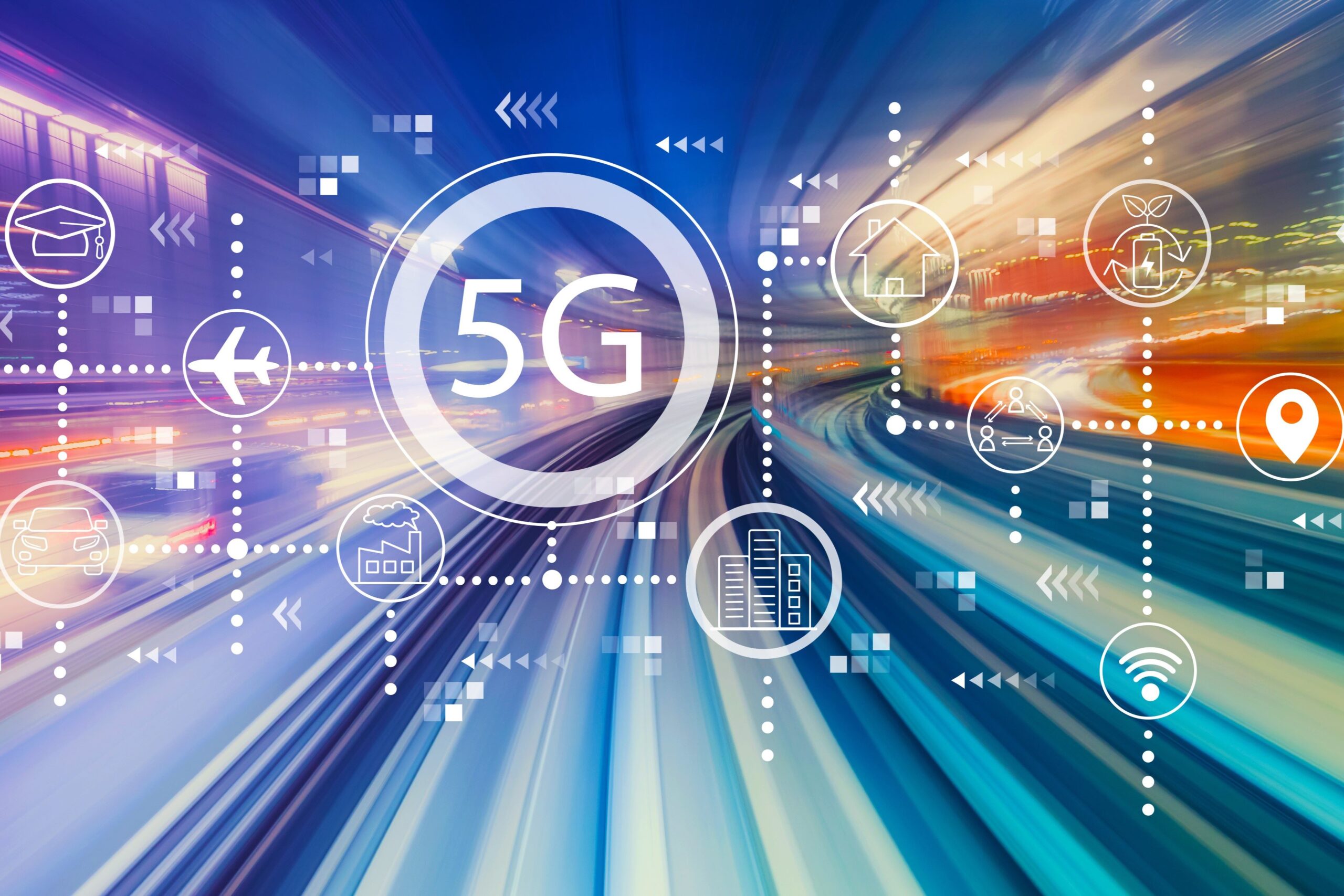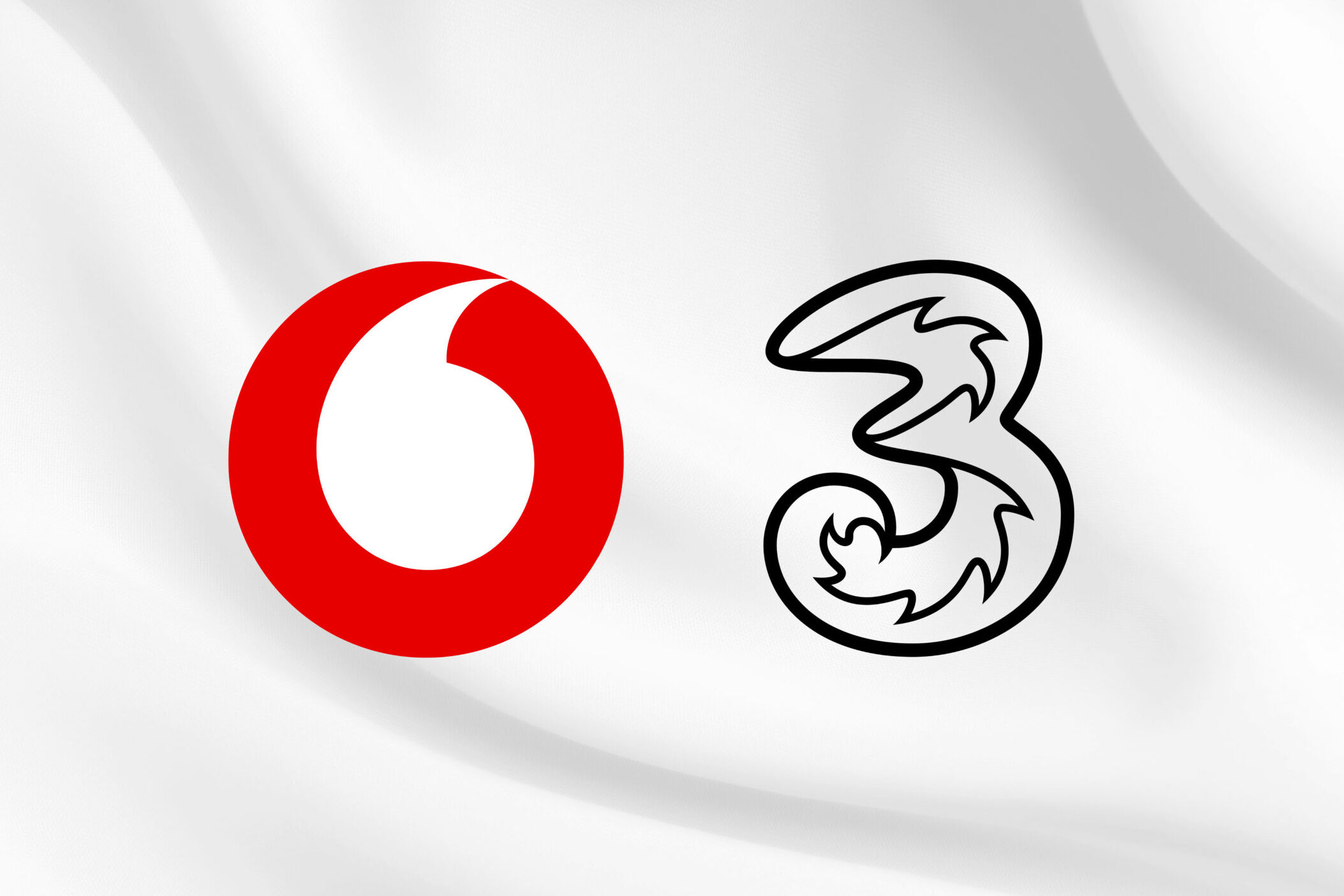5G technology would enable more patient care to be done remotely by providing high-speed and high-quality video connections.
- Vodafone’s proposed merger with Three will enable billions of pounds of investment in the UK, creating a leading 5G network in Europe and supporting 5G-enabled technologies in public services.
- New research shows that the use of 5G-enabled technology in health and social care settings could save the NHS up to £1 billion a year – equivalent to employing 15,400 full-time nurses – helping to reduce pressure on front-line staff.
- 5G technology would enable more patient care to be done remotely by providing high-speed and high-quality video connections.
Research commissioned by Vodafone has found that the NHS will lose out on £1 billion of savings every year if 5G is not rolled out quickly across the UK.
Local councils also stand to miss out on significant savings, with 5G-enabled technologies having the potential to reduce social care spending by 5%. On top of the £40 million 5G Innovation Regions funding currently available to councils, this would help plug the existing gap in social care funding.
The findings, calculated by WPI Economics, come as projections show that the ageing population will put an increasing strain on the NHS and social services in the years to come, with £79 billion of public spending required to meet these needs. 5G-enabled technologies will be essential in addressing these challenges.
Merger of Vodafone UK and Three UK to create one of Europe's leading 5G networks
Vodafone Group and CH Hutchison Group Telecom Holdings Ltd., owner of Three UK, have agreed to combine their UK businesses.
The 5G network will enable more patient care to be delivered remotely. For patients at home, 5G will enable high-quality and high-speed video connections, enabling doctors to deliver quality care quickly and efficiently. This will empower people to better manage their health, allowing them to live independently for longer and could prevent people from needing additional care either in the home or in non-residential settings. The NHS has already recognised the importance of this technology for bringing down waiting times and reducing hospital stays, as it is due to introduce remote care for 10,000 patients from September of this year.
Within care homes, residents and staff will also stand to benefit from the rollout of 5G. Sensors could help staff monitor residents in real time, improving care and alleviating staff burnout. Sharing data between care providers and hospitals becomes easier, faster and more secure.
Trials have shown that these innovative measures could save £296,000 per 100 users each year, equivalent to nearly £1bn based on the current number of users of public social care services. With this number set to increase by 61% by 2038, the rollout of 5G could save up to £17.5bn over the same period. However, these savings will not materialise unless nationwide 5G is rolled out quickly.
Proximie and Vodafone in successful 5G remotely assisted surgery trials
The 5G pilots, which enable clinicians to be transported into operating theatres virtually, were conducted at University Hospital of Wales and University Hospital Llandough.
Speedy national 5G rollout is a necessary condition for delivering savings to both the NHS and local councils. Vodafone’s merger with Three will enable the new network to invest billions in the UK and support 5G-enabled improvements in public services.
Ahmed Essam, CEO of Vodafone UK, said:
“5G technology has the potential to transform how health and social care is delivered in this country and unlock £1bn of annual savings for the NHS. 5G will support breakthroughs like at-home health scanning, personal devices and real-time access to medical expertise – innovations that will drive better health outcomes. To fully capture this potential, we need to rapidly build nationwide 5G coverage. Our proposed merger with Three UK will give us the scale to accelerate investment in digital infrastructure, allowing everyone to see the benefits of the 5G rollout faster.”
Stephen Hammond MP, former Minister of State for Health, said:
“As the NHS continues to grapple with tighter budgets and increasing demand, the need to modernise health care delivery becomes ever more necessary. This research underlines the importance of seizing innovative solutions like 5G-enabled technology. The potential for remote consultations and in-home health monitoring to improve efficiency and health outcomes will be transformative. With thoughtful implementation, 5G presents an immense opportunity to deliver savings, and build the NHS we need for the future.”
Stay up-to-date with the very latest news from Vodafone by following us on Twitter and LinkedIn and signing up for News Centre website notifications.
-Ends-
Notes to editors
- Local council savings based on data from the House of Commons Library.
- The Liverpool 5G testbed showed that if monitoring of care home residents, patients in their homes, and of patients administering medication are combined, cost savings could amount to £296,000 per 100 users per year.
- The projections of the demand for adult social care are according to research undertaken by the LSE in Projections of Adult Social Care, Demand and Expenditure, 2018 to 2038.
- The NHS has announced that from September 2023, 10,000 patients will be put on “virtual wards”, which will use remote technology to allow them to receive care within their own homes rather than enduring lengthy hospital stays.
![Old woman in bed looking at screen of tablet[Adobe Stock] stock photo of an old woman in bed getting a telemedicine appointment on her tablet](https://www.vodafone.co.uk/newscentre/app/uploads/2023/06/Old-woman-in-bed-looking-at-screen-of-tabletAdobe-Stock.jpg)


